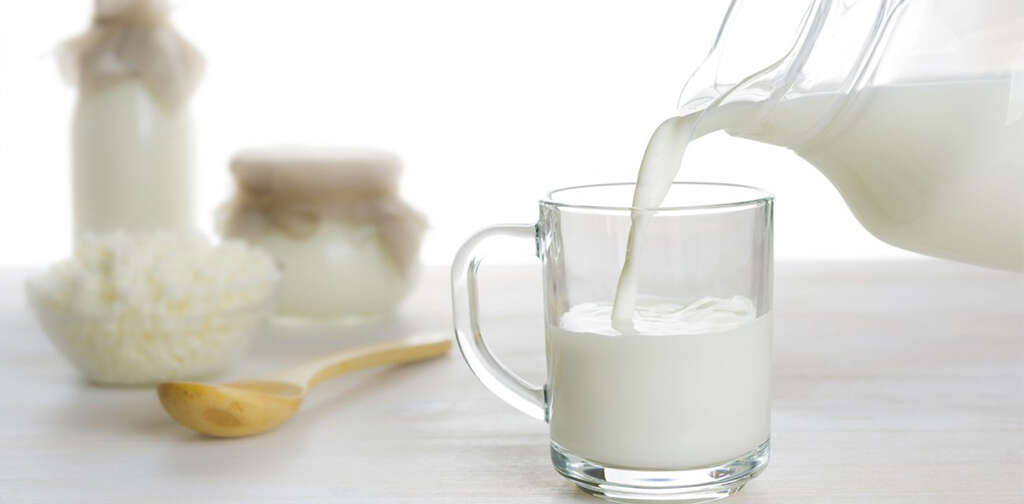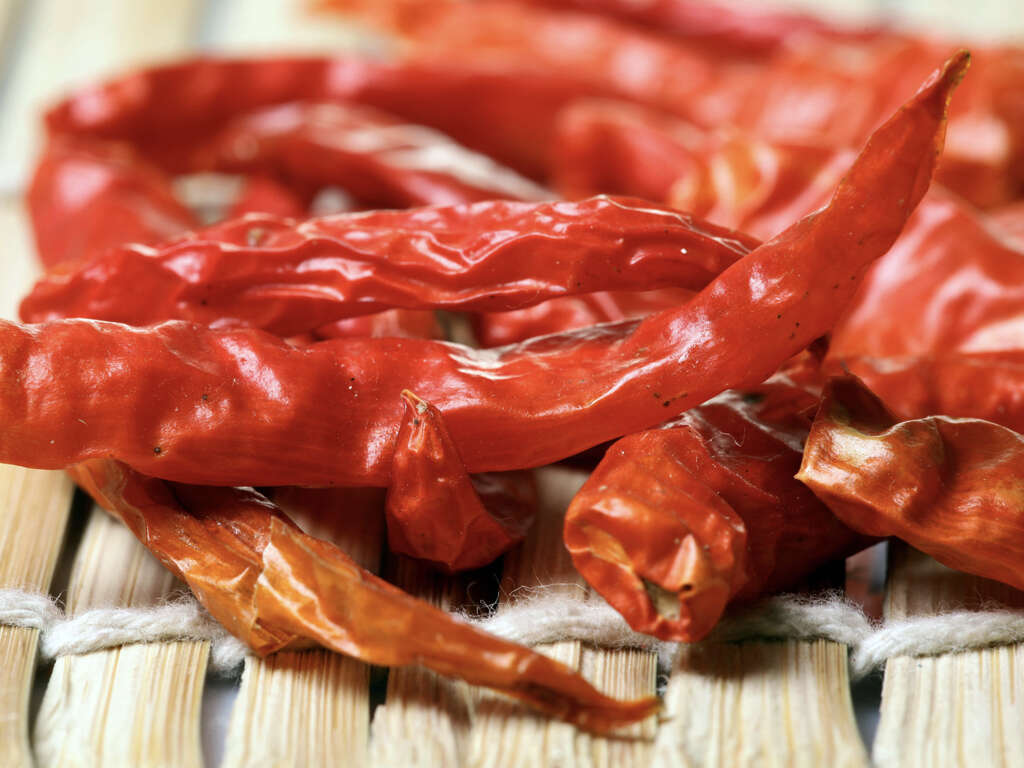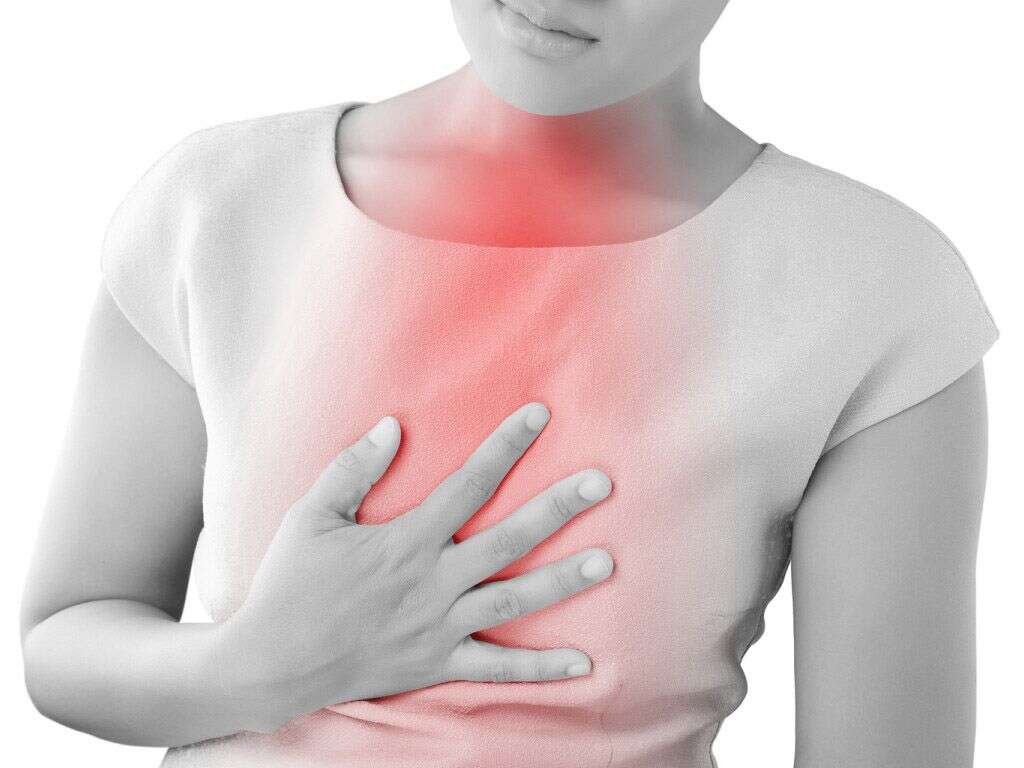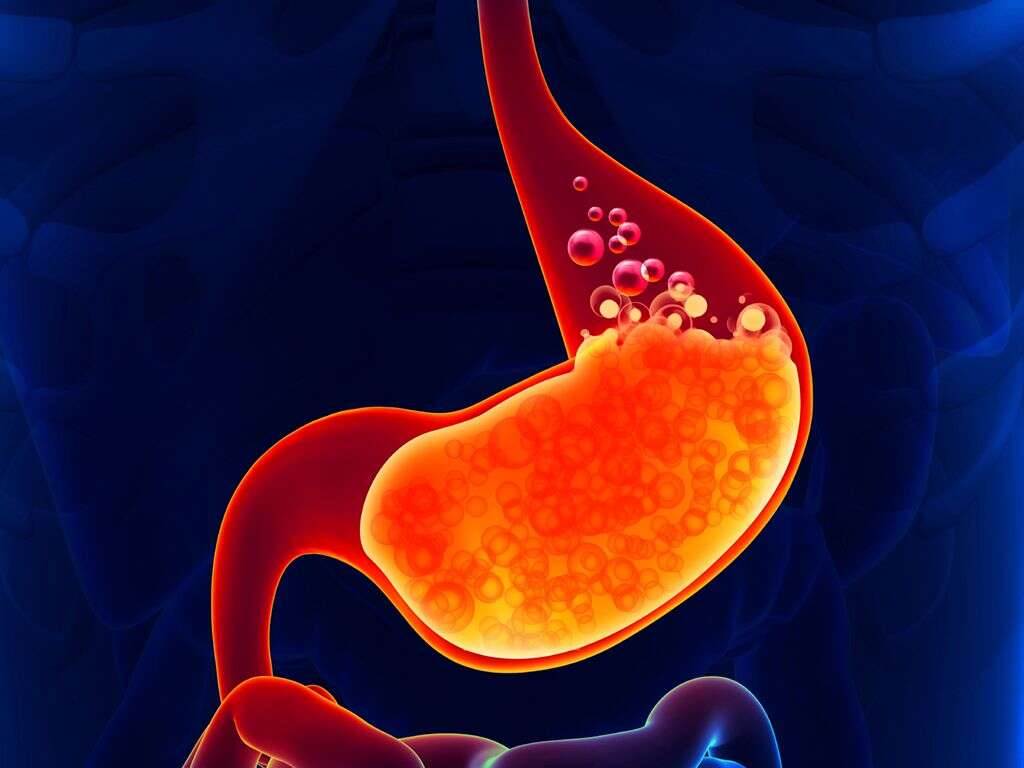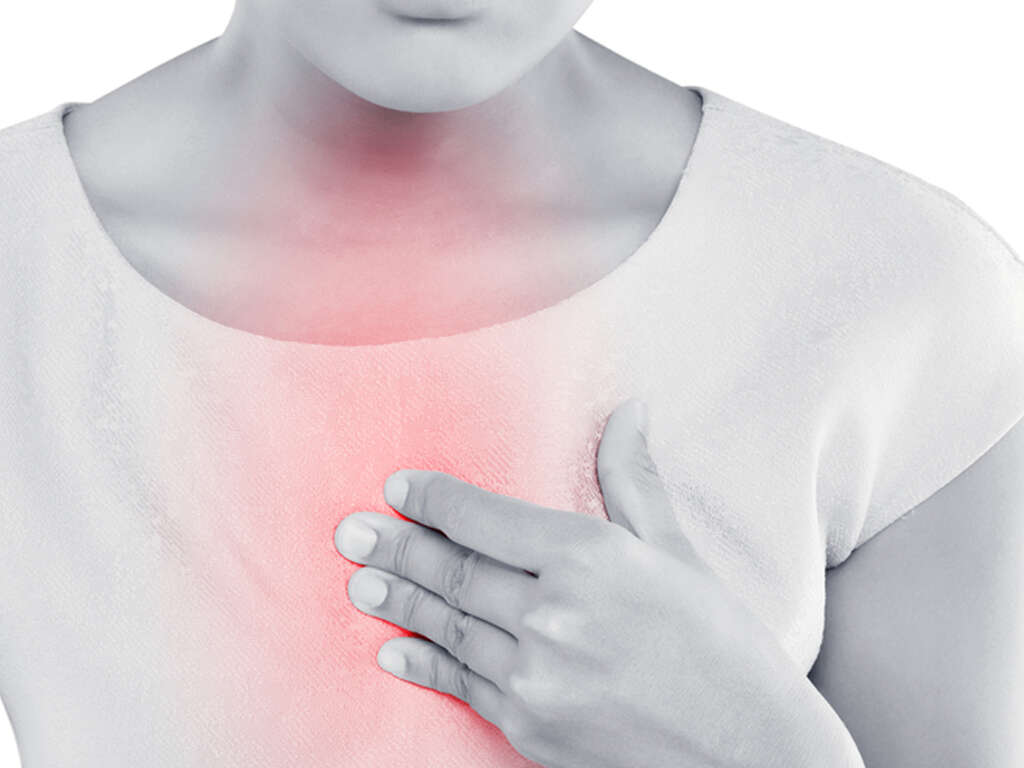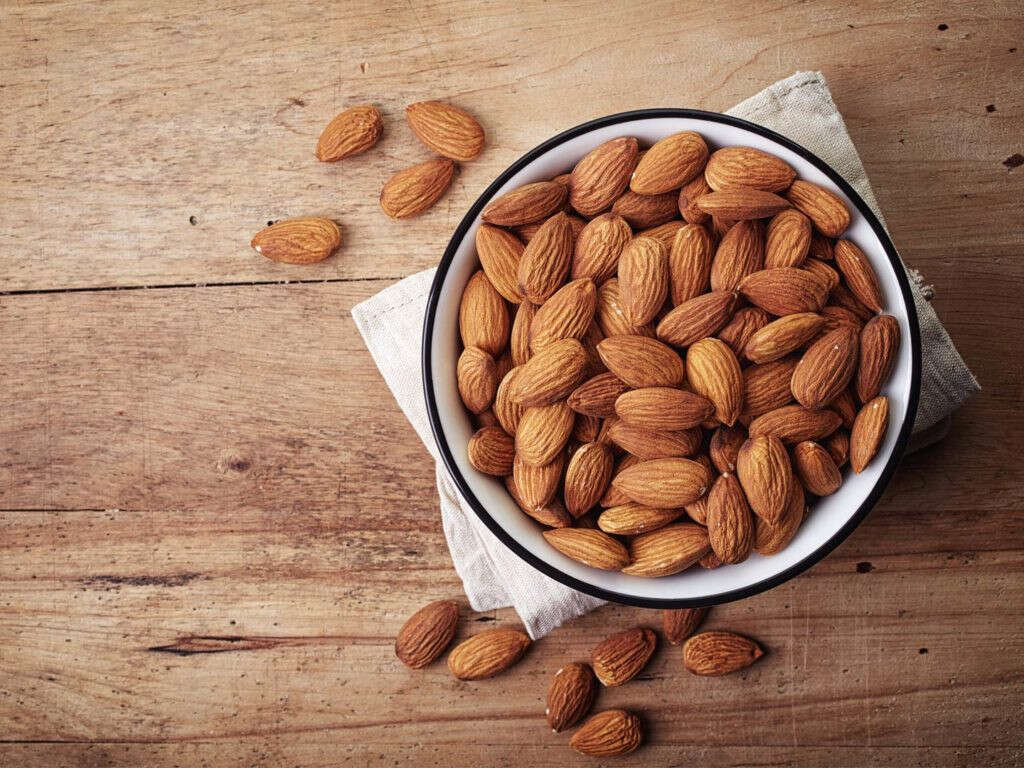10 GERD Diet Foods
Gastroesophageal reflux disease or GERD is a condition where there is acid reflux. The stomach contents backflow into the esophagus causing symptoms such as heartburn, taste of acid in the mouth, halitosis, chest pain, breathing issues, sore throat, increased salivation, vomiting, nausea, coughing, and wearing away of the teeth. GERD can lead to complications such as esophageal strictures, esophagitis, and Barrett’s esophagus. The risk factors for GERD include pregnancy, obesity, hiatal hernia, smoking, and the use of medications like calcium channel blockers, antihistamines, sleeping medication, and antidepressants. GERD occurs when the lower esophageal sphincter does not close properly allowing the backflow of the acid. To achieve diagnosis, tests such as gastroscopy, esophageal pH monitoring, esophageal manometry, and upper gastrointestinal study can be performed.
Treatment for GERD involves lifestyle changes, medications, and possible surgery. Some of the lifestyle changes that should be considered are losing weight, not lying down after eating, avoiding certain foods, and to quit smoking. The medications used for GERD are antacid, proton pump inhibitors, H2 receptor blockers, and prokinetics. If regular measures do not improve symptoms, surgery may be required. As many as 10 to 20 percent of the population are affected in the western world. Reflux without severe symptoms or complications is very common. The GERD diet stems from the reasoning where foods can affect the amount of acid produced by the stomach. This means that eating the right food can help to control GERD. Patients with GERD should know which foods to eat and which foods to avoid!
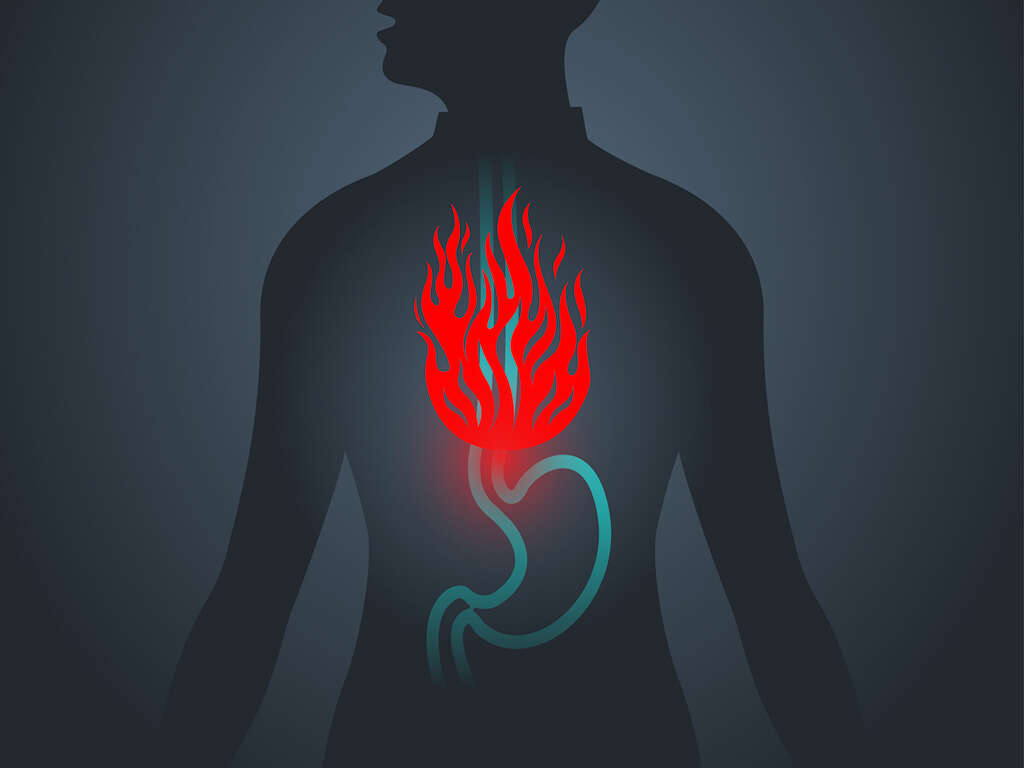
GERD Diet Food #1: Oatmeal
Oatmeal is a popular breakfast option made out of hulled oat grains. It can be milled (ground), rolled (can be thin or thick, quick or instant), or steel-cut (coarse). Oats can be eaten in muesli or cooked with milk or water to make porridge. Oats have been thought to help lower the risk of heart disease as it can reduce levels of blood cholesterol.
It is also an excellent source of fiber. For individuals with GERD, oatmeal can help in the absorption of acid in the stomach and thus, decrease the symptoms experienced in GERD. Other options include whole grain rice and breads.
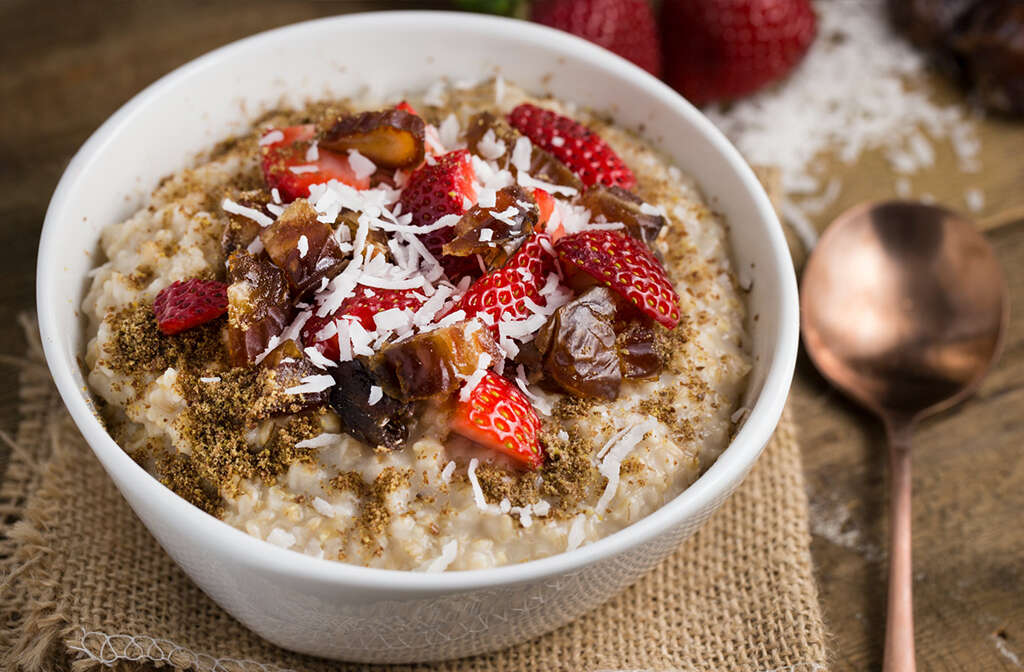
GERD Diet Food #2: Bananas
Bananas are an edible fruit that can be used in desserts or cooking. Variable in size and color, the fruit is elongated and curved with flesh that is rich in starch. Bananas contain water, carbohydrates, protein, and a negligible amount of fat. It can help those with GERD by coating the esophageal lining and help to combat discomfort. It also helps prevent indigestion due to their fiber.
Pectin, a substance that can be found in bananas is also beneficial as it aids to move the stomach contents through the gastrointestinal tract. It is also a mucilaginous substance that helps to soothe the mucosal lining of the esophagus.
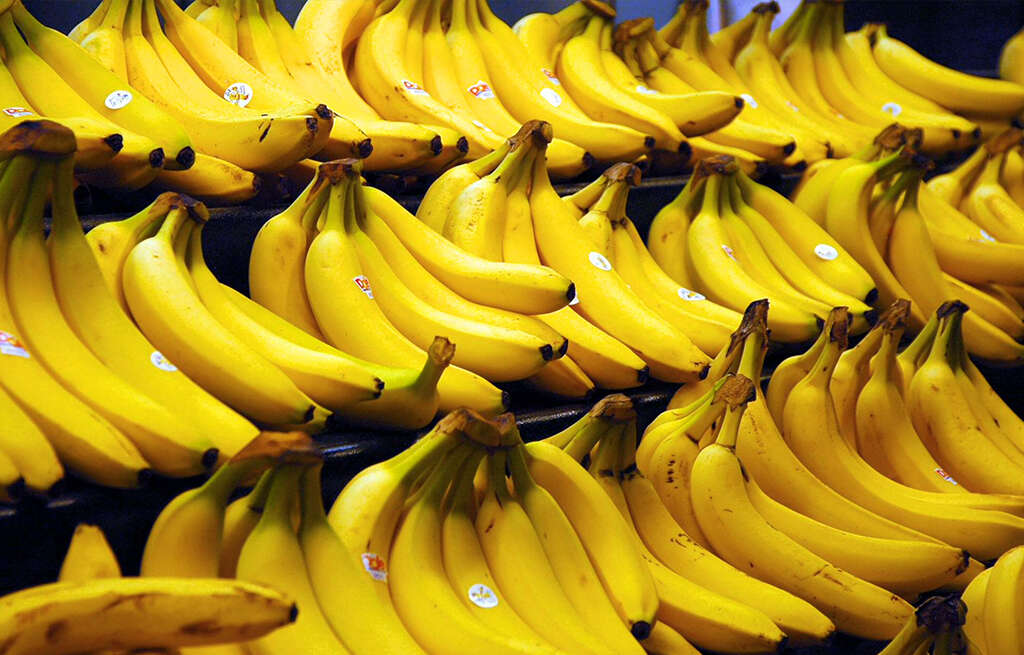
GERD Diet Food #3: Ginger
Ginger is a flowering plant where it is widely used as a spice or in folk medicine. It can be used as a spice, pickled, steeped for tea, made into candy or wine, and more. It is widely used in South Asian cuisines. Although thought to help with the alleviation of nausea and vomiting, the evidence is inconsistent. There is also no evidence that shows the effectiveness of ginger in the treatment of pain or dysmenorrhea.
While generally safe, it can cause side effects such as heartburn especially if taken in powdered form. However, in homeopathic medicine, it is thought to have natural anti-inflammatory properties which makes it a natural treatment for gastrointestinal issues and heartburn. Adding sliced pieces of ginger root to smoothies or steeped as tea has been thought to help ease symptoms.

GERD Diet Food #4: Vegetables
By definition, vegetables are parts of plants that can be consumed as food for humans. It is a term originally used to refer to all edible plant matter regardless of the different parts of the plant. Now, it may exclude foods such as nuts, fruits and grains as these are now categorized differently. Vegetables are important in human nutrition as they supply fiber and essential minerals, vitamins, and trace elements.
They are thought to reduce the incidence of cardiovascular disease, cancer, stroke, and many other ailments. Being low in fat and sugar, they also help reduce the acidity of the stomach. For individuals with GERD, it is recommended that vegetables be steamed, stir-fried, or roasted with minimal oil.
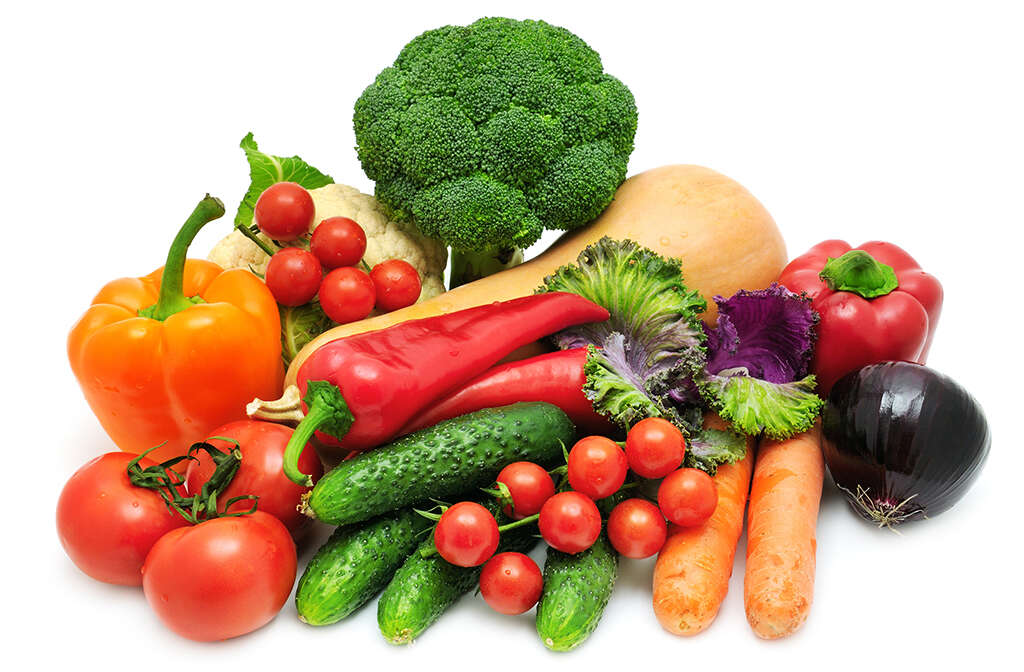
GERD Diet Food #5: Fruits
Fruits refer to the structure that is the seed-bearing part of the flowering plants. Edible fruits propagate through the symbiotic relationship with humans and animals as a method for dispersal and nutrition. Fruits can be eaten raw, made into preserves, or used in desserts.
They are usually high in fiber, water, and vitamin C. The regular consumption of fruit is encouraged as it is associated with the lowered risks of diseases. In patients with GERD, fruits are also encouraged. However, citrus foods such as grapefruit and oranges should be avoided.
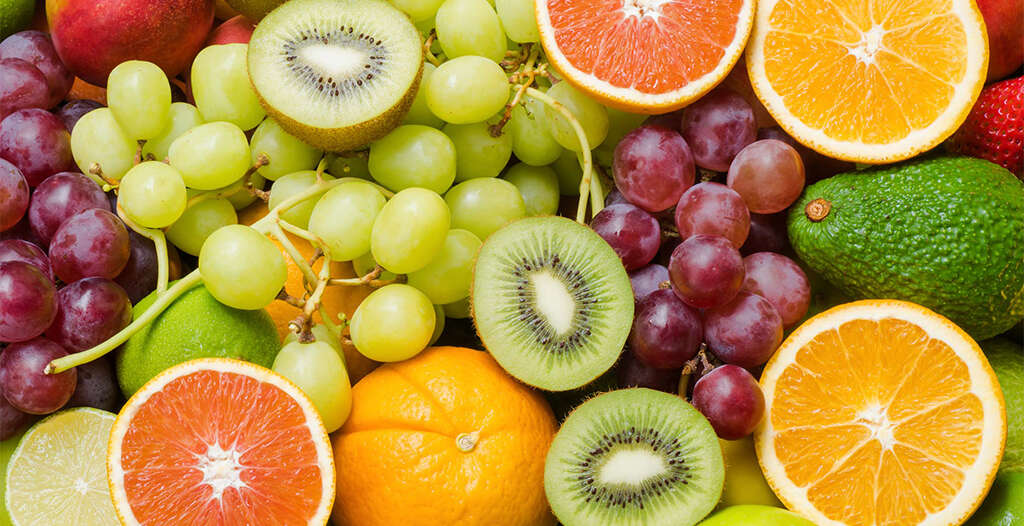
GERD Diet Food #6: Yogurt
Yogurt is a type of food that is produced through the bacterial fermentation of milk. The fermentation of lactose found in milk results in lactic acid which gives the yogurt its characteristic texture and flavor. Yogurt contains water, protein, fat, carbohydrates, and sugars. It is also a rich source of riboflavin, vitamin B12, and with moderate amounts of phosphorus, protein, and selenium.
Due to the presence of live cultures, it is postulated to have positive effects on cardiovascular, immune, and gastrointestinal health. It has a soothing effect that helps reduce stomach discomfort.
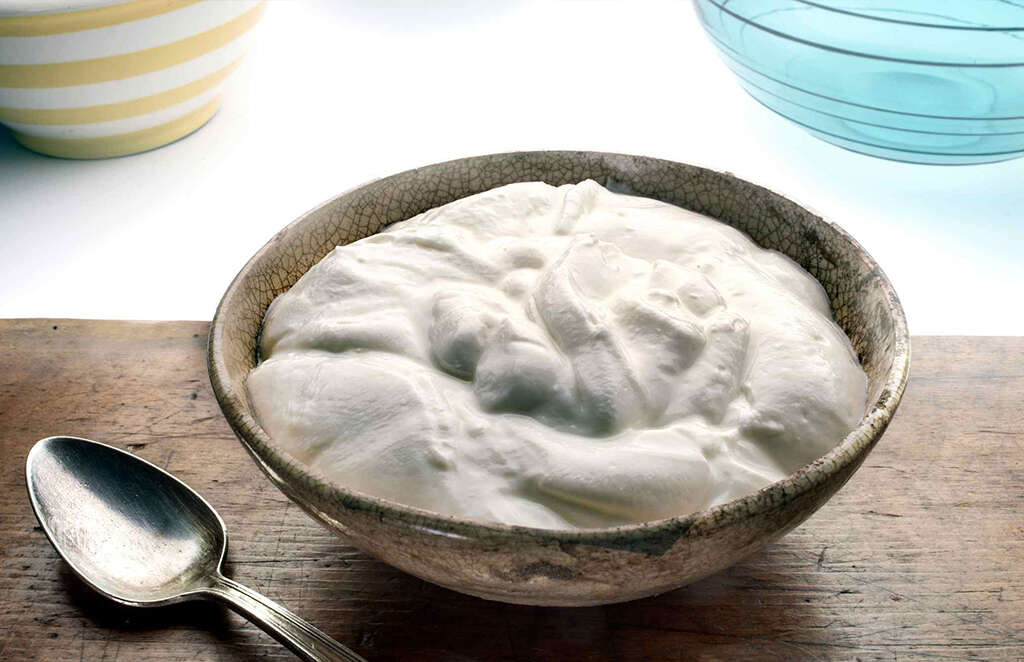
GERD Diet Food #7: Lean Meats
Meat refers to animal flesh that is consumed as food. It mainly consists of protein, fat, and water. Due to modern agriculture, many techniques are used to help acquire the qualities that are desired by meat producers. This includes selective breeding for leanness as lean meats are considered to be a healthier source of protein. Examples of lean meats include chicken, fish, turkey, and seafood.
Since GERD can be aggravated by fat, lean meats can help reduce the symptoms of acid reflux. It is also recommended that these meats are cooked in a healthier way such as broiling, baking, grilling, or poaching.
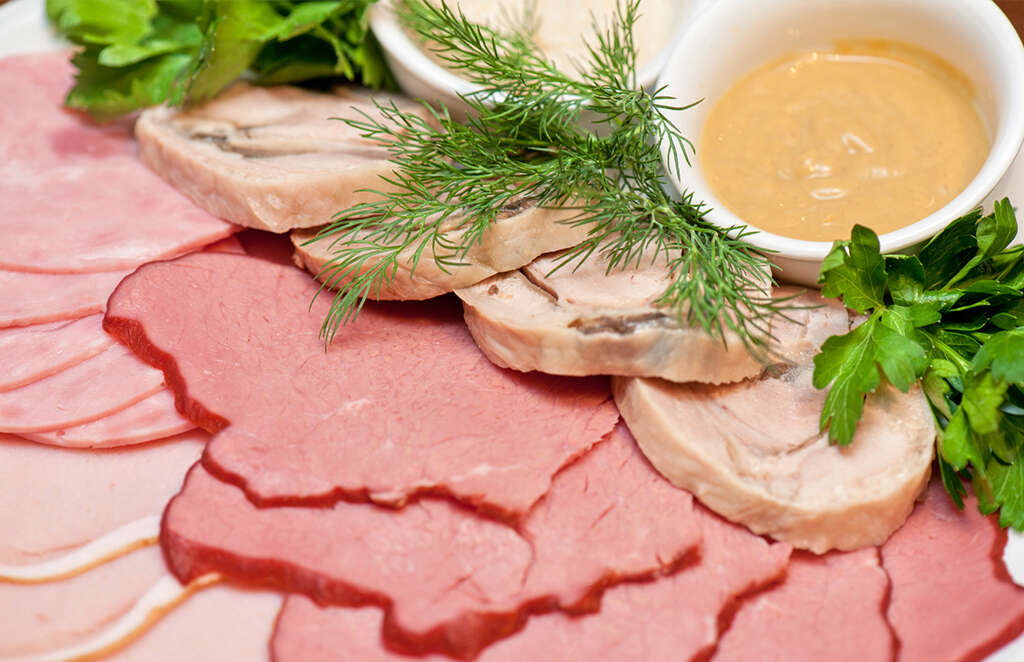
GERD Diet Food #8: Egg Whites
The egg white refers to the clear part of the egg. It is formed from the secretions of the hen’s oviduct forming around both fertilized and unfertilized egg yolks. The egg white functions to protect the yolk and provide nutrition for the embryo if present. It is mostly made of water and proteins. It has almost no fat with a low amount of carbohydrates.
It contains more than 50 percent of the protein of the egg. This means that it is a great source of protein especially for individuals with GERD as it has almost no fat. This reduces the symptoms of reflux.
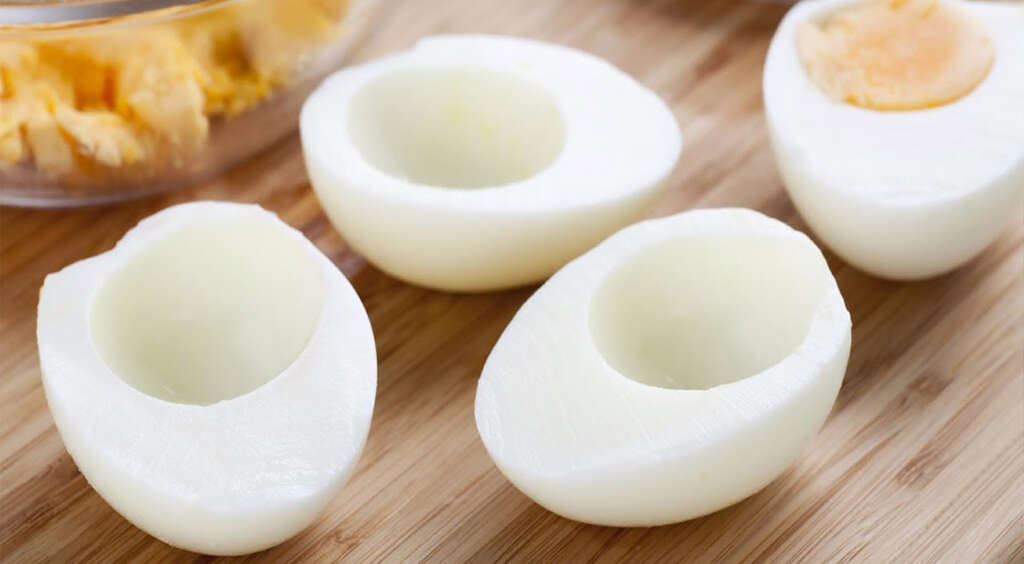
GERD Diet Food #9: Healthy Fats
Fat is one of the primary macronutrients with the other two being protein and carbohydrate. Although fats are generally known to be unhealthy, it is still important as it serves metabolic and structural functions. It is a necessary part of the diet as it provides energy, and helps to digest and absorb vitamins. It is crucial in the maintenance of healthy hair and skin, insulation, maintenance of temperature, and promote healthy cell function.
Since a high fat diet triggers the symptoms of GERD, patients should try to look for healthy fat sources such as nuts, flaxseed, avocados, sesame oil, olive oil, sunflower oil, and more. It is best to replace the intake of trans fats and saturated fats with healthier unsaturated fats.
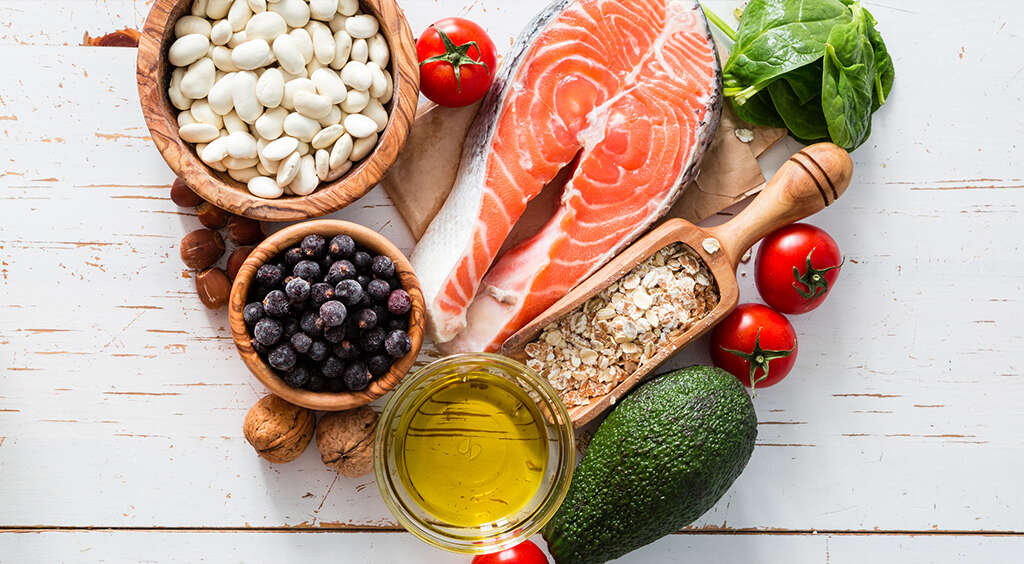
GERD Diet Food #10: Milk and Dairy Products
Milk is a liquid produced by mammary glands of mammals that is often the primary source of nutrients for infant mammals before they can digest other foods. Dairy products or milk products are foods made or produced from milk. Examples include cheese and butter. Milk and other dairy products are considered to be nutrient rich as they provide a good source of vitamin D, calcium, protein, phosphorus, vitamin A, magnesium, vitamin B12, riboflavin, and more.
Due to the benefit and nutrition they provide, individuals with GERD should not miss out on these foods. Instead, they can opt for low-fat yogurt, skim milk (1%), and cheeses that have less than 3 grams of fat per ounce.
